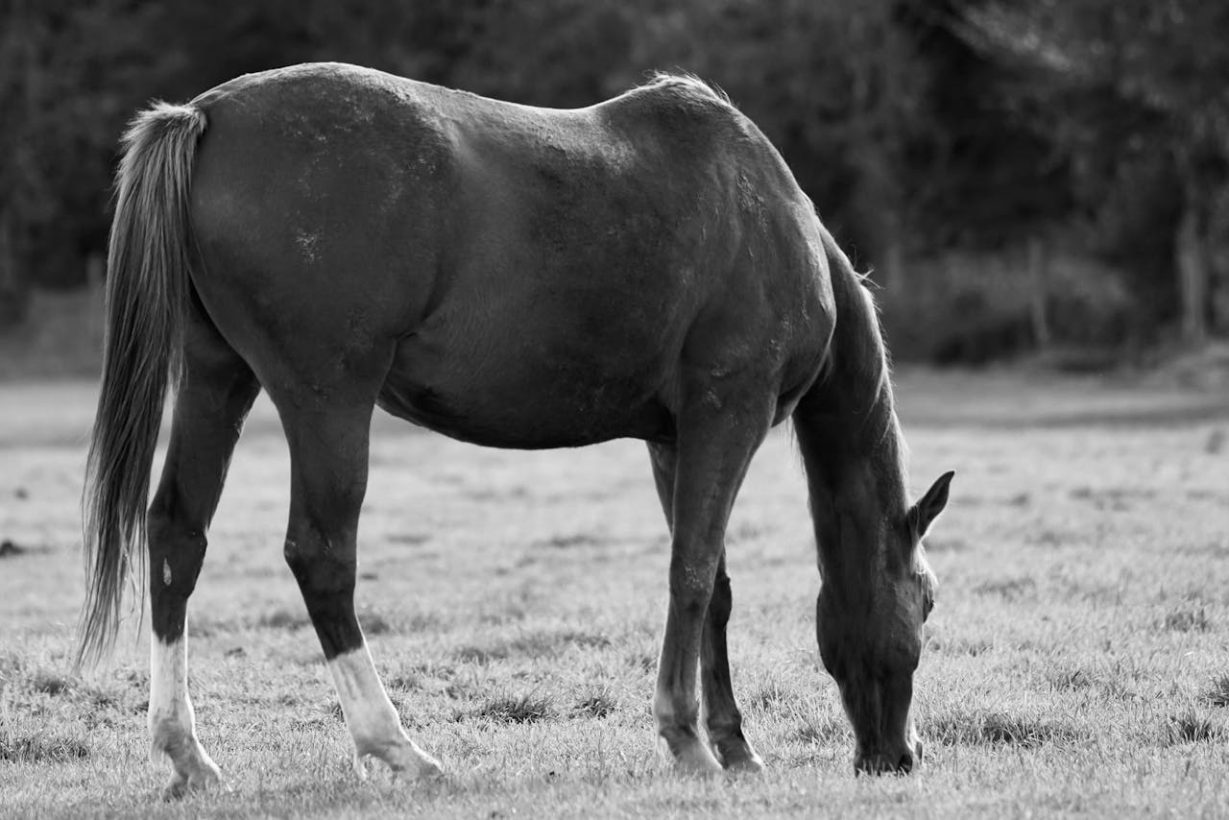If someone told me a few years ago that horse racing could help me improve my English, I’d have laughed my heart out. But hear me out – there is more to this sport than just the adrenaline rush from the horse racing events.
Plus, since most of the biggest races are coming from the United States, you’ll be watching events where they only speak English, and that’s a huge bonus.
So, whether you are learning English as a new language or you want to polish your skills, horse racing can help you in the process. The best thing is that you’d now follow those boring language classes but instead learn English in a fun and engaging way.
Let’s break down how horse racing can help you improve your English.
A Crash Course in Vocabulary
When I started following horse racing events, I learned many new words. Although I was already speaking English fluently, some of the words that appear in the horse racing industry are totally unique, and they can upgrade your English vocabulary.
Yes, horse racing comes with its own lingo, and it is like a goldmine for expanding your vocabulary. Think about it, you have words like “furlong,” “handicap,” “trifecta,” and “paddock,” which aren’t the type of words that will be popping up in your everyday chit-chat, but they are quite common in the horse racing world.
Learning those words would make you sound like you are a pro at the track. In other words, horse racing forces you to stretch your word bank and dive into some words that you are not using on a day-to-day basis. And learning new words is always great, especially when you want to conquer a new language.
If you are also betting on horse racing events, then you’ll learn even more words. You’ll be diving into horse racing news and odds on TwinSpires, learning things like “favorites, analysis, pedigree, wagers, pool” and many others.
If you don’t believe me, just make sure you watch an upcoming horse racing event. You’ll be listening to the commentator rattle off stats, and you’ll dive into new phrases and expressions
“The filly’s got a strong finish” or “He’s a long shot at 20-to-1” aren’t just fun to say—they’re little lessons in context and meaning. Over time, you start piecing together how these words fit into sentences naturally, which is a huge win for anyone trying to get comfy with English.
Listening Skills Get a Workout
Speaking of commentators, let’s talk about how horse racing sharpens your listening skills. If you’ve ever tuned into a live race, you know those announcers don’t mess around—they talk fast, and they don’t stop. It’s like a verbal sprint, packed with excitement and detail. For a non-native speaker, this can feel overwhelming at first, but that’s exactly why it’s so great.
You’re forced to tune in, catch key words, and figure out what’s happening on the fly.
“And they’re off! Midnight Thunder takes the lead, but here comes Lady Luck on the outside!”
It’s real-time practice in picking up accents, slang, and rapid-fire delivery. Stick with it, and you’ll notice your ear getting sharper—soon enough, you’ll be catching every word without breaking a sweat.
Reading Between the Lines
Then there’s the reading side of things. Horse racing isn’t just about watching—it’s got a ton of written material to dig into. Race programs, betting forms, and articles about famous jockeys or horses are all fair game. These aren’t your typical textbook passages either; they’re full of colorful language and storytelling that pull you in.
Take a race program, for example. It’s got stats, horse names, and little blurbs about past performances. Decoding all that info means you’re practicing comprehension in a practical way—figuring out what “placed second in a muddy track last June” really tells you about a horse’s chances.
Plus, the more you read, the more you get a feel for how English flows in real-world settings, not just in grammar drills.
Chatting It Up at the Track
Now, let’s get to the social part. If you’re lucky enough to hit up a racetrack or even just join an online racing forum, you’ve got a built-in chance to practice speaking. People who love horse racing love talking about it—whether its debating which horse has the best odds or swapping stories about a big win. Striking up a conversation might feel daunting, but it’s a low-pressure way to test your skills.
Let’s say that you’re at the track, and the guy next to you says, “I’m putting ten bucks on Storm Chaser—what do you think?” You don’t need to be Shakespeare to reply. A simple “Yeah, he’s fast, but I like Golden Blaze better” gets the ball rolling.
Before you know it, you’re chatting away, picking up new phrases, and getting more confident with every word. Its English practice disguised as a good time.
Writing Your Own Racing Story
Here’s where it gets creative. Horse racing can inspire you to write, too. Maybe you want to jot down your thoughts on a race you watched, craft a blog post about your favorite horse, or even try your hand at a short story about a jockey’s big day.
Writing about something you’re into—like racing—makes it less of a chore and more of a playground for your English skills.


